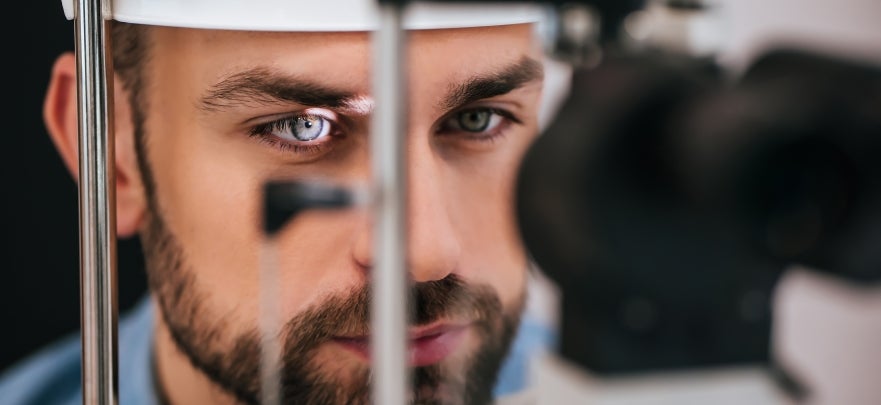Five Ways Diabetes Can Affect Your Eyes
If you have diabetes or prediabetes, your doctor will want to check your eyes at least once a year with a dilated eye exam. Diabetes can affect your vision in the long term and the short term. The sooner you treat an issue, the greater the likelihood of reversing it. Left untreated, however, vision issues caused by diabetes can lead to blindness.
Below are five vision conditions to be aware of if you have diabetes. Be sure to talk to your doctor about your risk factors.
Blurred Vision: High blood sugar levels can lead to a buildup of fluid that moves in and out of the eye, leading to blurriness. Regulating your blood sugar can correct the condition in the short term. However, uncontrolled diabetes can damage small blood vessels, which can permanently damage the retina.
Cataracts: If you have diabetes, you are 60% more likely to develop cataracts, which cause clouding over the eye’s lens, blocking your vision. People with diabetes are also at risk of developing cataracts at a younger age. The condition also progresses faster in people with diabetes.
Glaucoma: If you have diabetes, you are at least twice as likely to develop glaucoma, which causes damage to your eye’s optic nerve and can lead to permanent vision loss. Often symptoms don’t show up until the disease has progressed. People tend to lose vision slowly or see bright halos or colored rings around lights.
Diabetic Retinopathy: Diabetic retinopathy can occur when high blood sugar levels cause damage to small blood vessels in your retina. It is the most common cause of vision loss for people with diabetes. The longer you have diabetes, the more likely you are to get diabetic retinopathy, and if it’s not diagnosed and treated early, you are more likely to go blind.
Diabetic Maculopathy: Diabetic maculopathy is a condition that is often caused by diabetic retinopathy. Maculopathy is damage to the macula, which is the part of the eye that provides your central vision. In many cases, it is caused by blood vessels that leak protein into the macula, causing a buildup of fluid.
Diabetes can go undiagnosed for years until eye or vision problems surface. If you have not been diagnosed with diabetes but are experiencing vision problems, talk to your doctor. If you have diabetes, managing it through physical activity, a healthy diet, and prescription medication can help prevent or delay vision damage.






